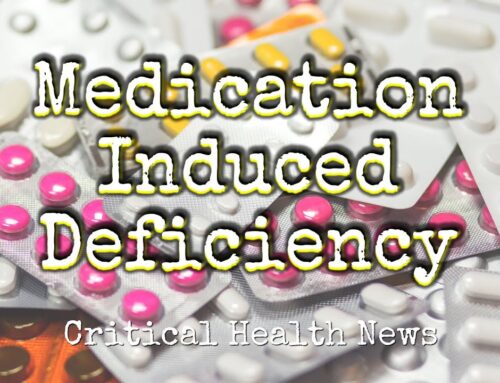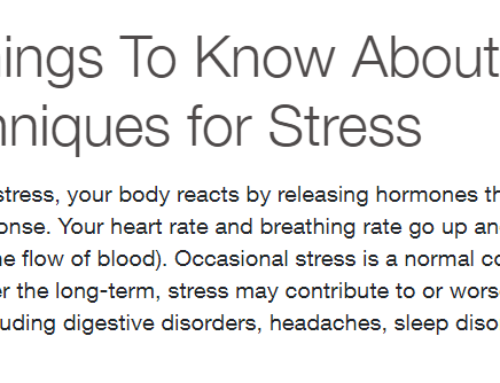The digestive tract, a thirty foot marvel of mechanical and chemical bio-machinery, turns the three or four pounds of food that we eat every day into us, plus eliminated waste. While most of us think of the stomach and the intestines, and perhaps the pancreas and the gallbladder, when it comes to digestion. In reality, this incredible, if underappreciated, multi-step process begins in the head.
When we think about our food, we initiate the secretion of digestive juices that facilitate its breakdown in the stomach. This is why it is critical to pay attention to our meals while we are eating them. Not only does eating mindlessly impair the digestive process, making it harder to digest what we ingest, but just as importantly, when we’re oblivious to what we eat, we miss the tiny signals that can result in excessive intake of food.
The head is home to another key component of the digestive system: the teeth. While using our chompers isn’t necessarily something we have to learn, using them well is. When done effectively, chewing helps reduce stress on the esophagus and improves salivary enzymes, essentially predigesting our food before it enters into the stomach.
Saliva also contains buffers and minerals that neutralize cavity causing acids and can help harden dental enamel. While some health care professionals recommend chewing at least 32 times, that’s not always required. To get the maximum mastication benefits, you just need to chew until food has lost at least most of its texture, before swallowing.










